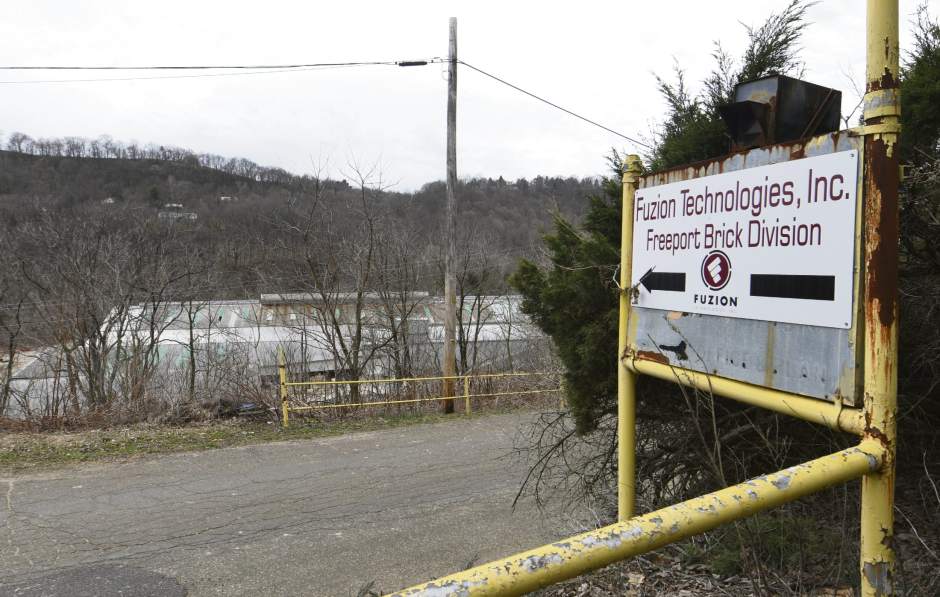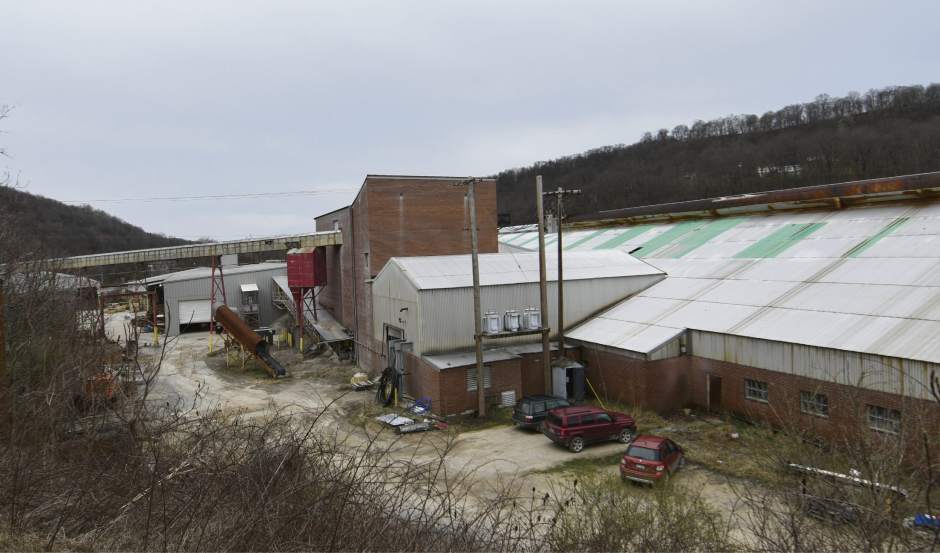Freeport Brick Co. to end century-long run, blames aluminum industry woes
After more than a century, the Freeport Brick Co., which was bought by Fuzion Technologies in 2005, will close its doors April 30, according to the United Steelworkers union in Pittsburgh.
About 30 workers at the Freeport-based business will lose their jobs, according to the union.
Wayne Ranick, USW spokesman, said the union is petitioning the U.S. Labor Department for the workers to receive Trade Adjustment Assistance for job loss because of illegal foreign trade.
The plant produces fire bricks that line industrial equipment such as kilns and furnaces. Among its customers are steel mills and aluminum producers.
Fuzion Technologies declined to comment on the plant's closing.
However, the steelworkers union attributed it to “financial reasons related to the downturn in the domestic aluminum industry, which results from unfairly traded goods caused by global overcapacity,” Ranick said.
Fourth job change
For Charles Raymer, 59, of Armstrong County, who grinds clay at Fuzion Technologies for processing refractory bricks, this will be the fourth job he lost because of a refractory closure over the course of most of his 40 years of working.
“It's sort of unfair. You have no control over what a company decides to do,” he said. “But if they are losing money, they have got to get out of it, too.”
The losses sustained by America's aluminum industry have hit refractories like the Freeport Brick Co., according to Tom Conway, vice president of the United Steelworkers International of Pittsburgh.
The union has filed three actions pending before the U.S. Department of Commerce and a trade union group challenging the levels of aluminum products coming into the United States, Conway said.
“There has been a tremendous influx of aluminum from China and Russia involving illegal subsidies,” Conway said.
Raymer and his Fuzion co-workers are waiting to learn whether they will be eligible for the federal assistance, which would extend unemployment cash benefits and offer retraining, hopefully for a profession that's in demand.
“By then, I'll be 62. Will a lot of people want to hire someone that age?” Raymer asked. “I guess it depends on how the economy picks up.”
Although it's important for Fuzion workers to be covered by the program, it's not much of a consolation prize, Conway said.
“If you are 58, 59 years old and doing this job all of your life, then going back to school and redirecting yourself into a new career, it's very difficult for people to do that, and very few can pull it off,” he said.
The union estimates that workers who get laid off from union jobs will earn only two-thirds of their pay in the service industry.
“Part of the problem with American trade laws is that in order to be qualified (for federal assistance), this has to happen to you,” Conway said.
“It's a little too late, and there already is real harm and real injury to the workforce and families and to the company that provided the jobs,” he said. “There's just no winner.”
Mary Ann Thomas is a Tribune-Review staff writer. She can be reached at 724-226-4691 or mthomas@tribweb.com.


